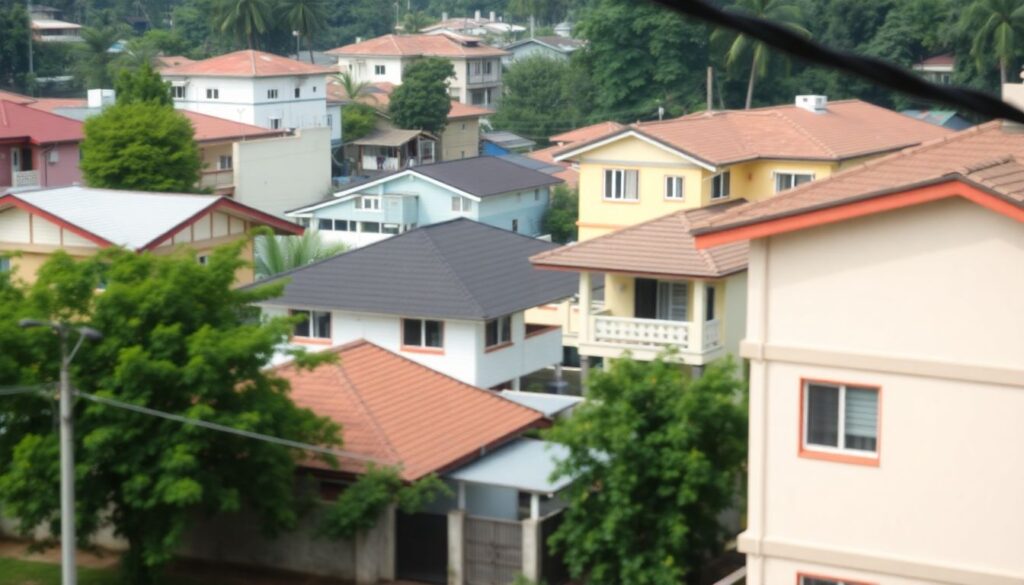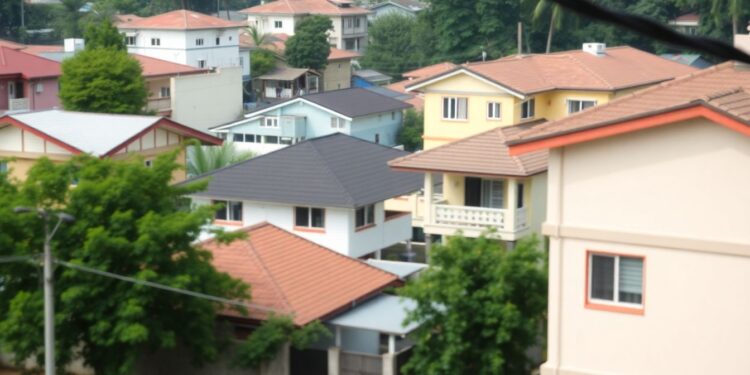Understanding Property Taxes In Malaysia: Types And Taxation Regulations
Many Malaysians find Property Taxes In Malaysia confusing. There are several types, including quit rent, assessment tax, stamp duty, and RPGT. This guide explains each tax and the rules you need to follow. Keep reading to make sense of your property taxes.
Key Takeaways
- Multiple Property Taxes: Malaysia has several property taxes, including Quit Rent, Assessment Tax, Stamp Duty, and Real Property Gains Tax (RPGT).
- Quit Rent Details: Quit rent is paid annually based on property type and location, usually 1-2 sen per square foot, to support local infrastructure.
- Assessment Tax Rates: Assessment Tax is based on the property’s annual rental value, generally 6% for homes and between 2% to 9% for other properties.
- Stamp Duty Fees: When buying property, buyers pay Stamp Duty on the purchase price and any loan agreements to legally transfer ownership.
- RPGT Rates: RPGT is a tax on profits from selling property. Malaysians pay 30% if sold within three years and no tax after five years. Foreigners pay 30% within five years, dropping to 10% later.
Quit Rent
Quit rent, also called Cukai Tanah, is an annual tax paid by landowners to the state government in Malaysia. The amount varies based on the property type and its location. Typically, quit rent is charged at 1 to 2 sen per square foot each year.
This tax helps fund local infrastructure and services, ensuring that communities have the necessary resources for maintenance and development.
Paying quit rent is necessary for sustaining the infrastructure that supports our daily lives.
Assessment Tax

Following quit rent, property owners in Malaysia must also pay assessment tax. This real estate tax is collected by local authorities and is based on the property’s estimated annual rental value.
For residential properties, the tax rate is generally 6%. Cukai Taksiran rates range from 2% to 9% depending on the property’s classification.
Assessment tax helps fund local services and infrastructure. Property owners need to calculate their tax based on the annual rental value of their real property. Accurate assessments can lead to proper tax payments and avoid any penalties.
Stamp Duty
Stamp duty is a tax on the Sale and Purchase Agreement (SPA) when buying property in Malaysia. The duty is calculated based on the property’s purchase price. Buyers also pay stamp duty on loan agreements related to the property purchase.
This duty depends on the loan amount. Paying these stamp duties is necessary to transfer ownership legally. Both SPA and loan agreement duties must be paid to complete the purchase.
Understanding stamp duty helps buyers know the taxes they need to pay.
Real Property Gains Tax (RPGT)

Real Property Gains Tax (RPGT) is a capital gains tax on profits from selling property. In 2024, Malaysians paying RPGT within three years face a 30% rate. If they hold the property for more than five years, they pay no RPGT.
Foreigners selling property always pay 30% if sold within five years, dropping to 10% after that period. Companies have similar rates, starting at 30% and decreasing to 10% for properties held over five years.
When selling, RPGT is withheld from the purchase price—3% for Malaysians and 7% for foreigners. Citizens may be exempt if they sell their private home, have lived there, and hold the right certificates.
These rules help determine the taxable income from property sales. Next, the blog will conclude the overview of property taxes in Malaysia.
Conclusion
Understanding property taxes in Malaysia helps owners make smart financial choices. Different taxes like Quit Rent and Stamp Duty depend on the property and where it is located. Knowing the rules for Real Property Gains Tax can guide better investment decisions.
Staying informed about these taxes can save money and prevent unexpected costs. Proper planning makes owning property easier and more rewarding.
FAQs
1. What types of property taxes are there in Malaysia?
In Malaysia, property taxes include real estate taxes like quit-rent and land value tax. There are also taxes on rental income and income tax for property owners.
2. How is rental income taxed in Malaysia?
Rental income earned from renting out a property is subject to income tax. Tax withholding may apply, and you can claim tax deductions for expenses related to the property.
3. What exemptions are available for property taxes?
Exemptions depend on the type of property and the owner’s status. For example, permanent residents and certain family relationships may qualify for exemptions under Malaysian law.
4. How are real estate taxes calculated in Kuala Lumpur?
Real estate taxes in Kuala Lumpur are based on assessment rates and land value tax. The rpgt rates vary by location, such as Petaling District or Shah Alam, and are payable twice a year.
5. What is the rpgt act in Malaysia?
The rpgt act governs property taxes in Malaysia. It outlines how taxes are levied on the rental value of the property, disposal of real property, and other related regulations.
6. Do businesses need to pay corporate tax on property income?
Yes, companies incorporated in Malaysia must pay corporate tax on income from property investments. This includes rental income and profits from the sale or disposal of properties.




